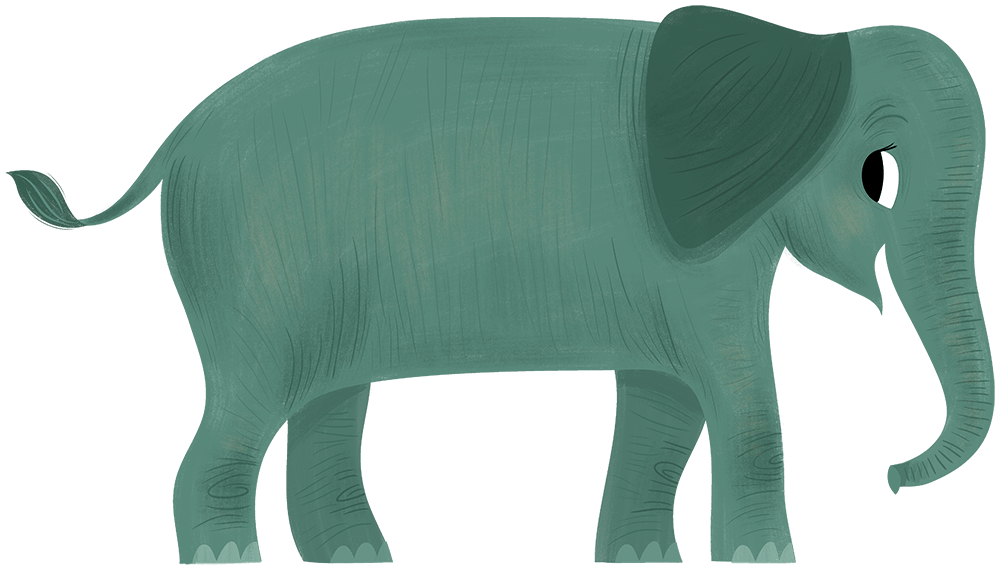 “And…” (people keep asking me)
“And…” (people keep asking me)
“What was Seattle like??”
Adjectives fail me.
First of all, the dinner was sold out, which so rarely happens in my world. Ellenore, the organizer, had set a goal of 100, but 170 people bought tickets. Bidding on auction items was brisk and cheerful. The room was full of dancing and poetry and Ethiopians and Americans who care about reading and art and kids and, well, about Ellenore and her family.
People give to people.
One of the zingy things about being a volunteer for Ethiopia Reads has been meeting fellow volunteers.
In Ethiopia, I notice that people still seem to be on a default setting that one’s life will get better if a patron comes along to bestow good things. After all, Ethiopia had a society for centuries much like the medieval societies we study in school…and I’ll bet the serfs in Europe never sat around the fire chatting about how they could pool their money and ideas and skills to make things better.
 We talk about America being the land where the individual can succeed. In some ways, as many emigrant families will tell you, it still is that way (for a lot of individuals)–because some of the systems that squash people around the world are a little less entrenched, here, than they are in a place like, say, Ethiopia.
We talk about America being the land where the individual can succeed. In some ways, as many emigrant families will tell you, it still is that way (for a lot of individuals)–because some of the systems that squash people around the world are a little less entrenched, here, than they are in a place like, say, Ethiopia.
Most of us in America don’t live in villages, for example, where our families have lived for so many generations that the patterns and antagonisms and frustrations are entrenched and seem hard to ever overcome or change. Class and ethnic tensions certainly are real in America, but we still have more wiggle room than in a lot of places around the world.
It’s true that a lot of individuals in places like Ethiopia are longing to come to America even now when things are relatively tough here.
People everywhere are pretty determined to make their children’s lives better.
 But that story about America as the place where individuals pull themselves up by their bootstraps? My research for Bicycle Madness, featuring the real-life reformer Frances Willard (who learned to ride a bike in her fifties with her skirts down to her ankles to show what women could do), convinced me that America is the place where a lot of people really GOT IT that ordinary human beings can put their resources together to make things better.
But that story about America as the place where individuals pull themselves up by their bootstraps? My research for Bicycle Madness, featuring the real-life reformer Frances Willard (who learned to ride a bike in her fifties with her skirts down to her ankles to show what women could do), convinced me that America is the place where a lot of people really GOT IT that ordinary human beings can put their resources together to make things better.
The power of ordinary people working together.
Frances Willard and the other reformers in the late 1800s were determined to make America live up to its rhetoric. Children were working in factories. (Their little fingers were helpful for many of the machines.) Women had no way to support themselves and their families if men let them down (taking themselves and their wages off to the saloon, for instance). Frances Willard and other writers and speakers and photographers worked together to spread the stories and images of suffering, struggling people–and they brought change.
Ordinary people holding hands can bring change.
 That’s what Seattle was about.
That’s what Seattle was about.
The event was held in the Norwest African American museum–a place that fit it delightfully well.
Ellenore and her team of volunteers had gathered lots of cool stuff for the auction. People donated those things. People bought those things…and other people just raised the paddle to make donations. (Ethiopia Reads board member Frew Tibebu won the stay in the apartment in Paris and I can’t wait to hear what the trip is like for his family.)
The totals aren’t in, yet, but I know the event met and exceeded Ellenore’s goal of $25,000 to bring reading to the mercato school and community around it.
Reading is one of the ways to share the power tools of the world.
 When Stephanie, who just did her own fundraiser for art in the school, visited Ethiopia this month, the kids used themselves as the canvas for one project. My brother and I, in our brief talk at the event, paired some of Stephanie’s photos with the words of a teacher who traveled with my brother last summer.
When Stephanie, who just did her own fundraiser for art in the school, visited Ethiopia this month, the kids used themselves as the canvas for one project. My brother and I, in our brief talk at the event, paired some of Stephanie’s photos with the words of a teacher who traveled with my brother last summer.
The mercato school captured our hearts.
Each little face drawing your eyes.
Look at me.
See me.
What makes someone like Ellenore brave enough to believe she can make up a fundraiser auction?
What makes her determined enough to give up most of her own pre-Christmas preparation time to put in the time to something like this event?
 What made artist Yadesa Bojia contribute his hours and two paintings to spread joy in the mercato neighborhood where he grew up?
What made artist Yadesa Bojia contribute his hours and two paintings to spread joy in the mercato neighborhood where he grew up?
What makes all the volunteers of this world believe that they should give up the time they could be spending with their families and businesses and hobbies and instead believe they can help spread clean water and food and health care and education in places where those are precious and rare?
It’s baffling.
And powerful.
And sweet.



